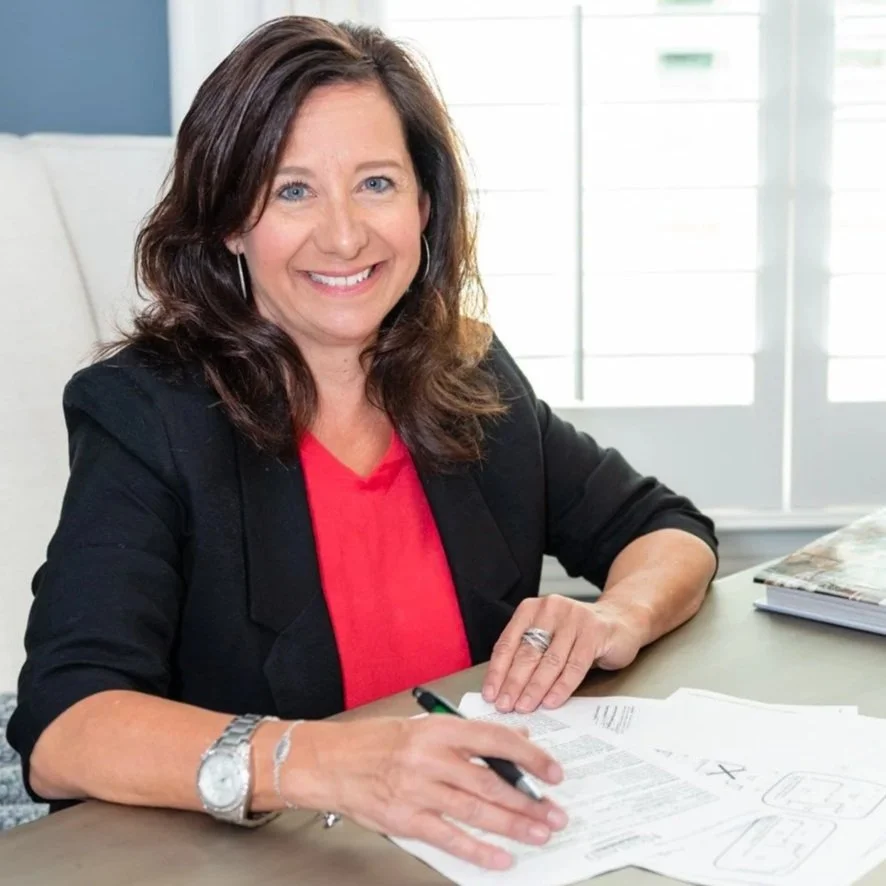Simple Legal Documents Seniors Often Need Notarized
Life is full of important paperwork.
And for seniors, keeping things in order brings peace of mind for both you and your family.
Many of these documents don’t require a lawyer but must be signed in front of a notary public to be considered valid. Having the right papers notarized ensures they’ll be recognized when you or your loved ones need them most.
At Next Nest, we’ve seen how a little preparation can make a big difference. While we can’t provide legal advice, here are some of the most common documents seniors in Texas often choose to have notarized:
1. Powers of Attorney
A Power of Attorney lets you name someone you trust to make financial or medical decisions on your behalf. Texas law requires certain powers of attorney to be notarized to be effective.
2. Medical Authorization Forms
These forms let healthcare providers speak with family members or trusted caregivers about your care. Notarization helps confirm your wishes and avoids delays in critical moments.
3. Living Wills & Advance Directives
Sometimes called “Directive to Physicians,” these documents outline your preferences for medical treatment if you can’t communicate them yourself. A notary ensures the document carries legal weight.
4. Deeds & Real Estate Transfers
Whether downsizing, gifting property, or making future plans, real estate documents almost always need notarization in Texas.
5. Wills & Estate Documents
While not every will requires notarization, many families choose to have a “self-proving affidavit” notarized. This step can make probate easier for your loved ones later on.
6. Affidavits
From verifying identity to confirming residency, affidavits are sworn statements that typically must be notarized before they’re accepted by banks, agencies, or courts.
Safekeeping Your Documents
Once your documents are notarized, the next step is knowing where to keep them. Easy access is just as important as proper preparation. Here are some safe storage options:
Fireproof Home Safe – A good choice if you want documents close at hand while still protecting them from fire or water damage.
Bank Safe Deposit Box – Offers excellent security, but make sure your named executor or trusted family member has legal access.
With Your Attorney – Many attorneys will keep originals of estate-related documents securely stored.
With Your Executor or Trusted Family Member – Keeping a copy with the person responsible for carrying out your wishes can prevent confusion later.
Wherever you choose to store them, make sure your family or executor knows both the location and how to gain access when needed.
Marian Porter, Next Nest Dallas Managing Partner, North Point Realty Associate Broker and Texas Notary.
Making It Easy with Free Notary Nights
Because we know how important these documents are, Next Nest now offers Free Notary Nights at select senior residences.
It’s a simple, no-cost way to get your documents notarized in a convenient and familiar setting. Just bring the forms you’d like signed, and we’ll help take care of the rest.
Final Thought:
Staying organized with your paperwork doesn’t have to be overwhelming.
By making sure your important documents are notarized and safely stored, you can feel confident that your wishes will be honored and your family won’t face unnecessary obstacles.
If you’d like to learn more about our next Free Notary Night or how Next Nest can support your next move, reach out today.
Questions? Call Marian 214-577-7766 or
Click this link.
Checklist: Notarize & Store Your Important Documents
Documents to Notarize
Power of Attorney (financial or medical)
Medical Authorization Forms
Living Will / Advance Directive
Deeds & Real Estate Transfers
Wills with Self-Proving Affidavit
Affidavits (identity, residency, etc.)
Where to Store Them
Fireproof Home Safe – quick access at home
Bank Safe Deposit Box – secure, ensure executor access
With Your Attorney – protected, professional storage
With Executor/Trusted Family Member – prevents delays
Keep Copies – label clearly, share with those who need them
Tip: Wherever you store originals, let your executor or family know how to find and access them.



